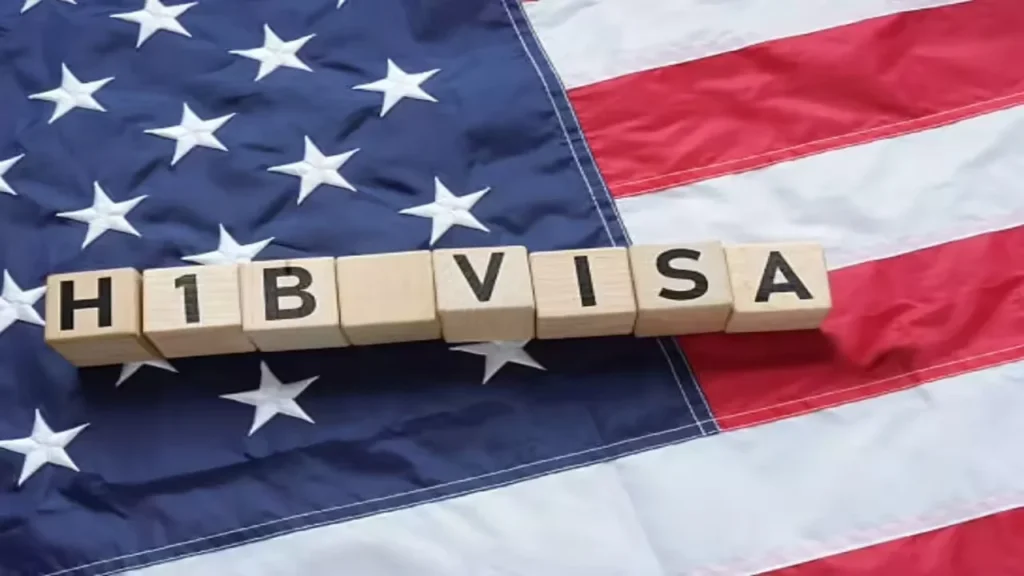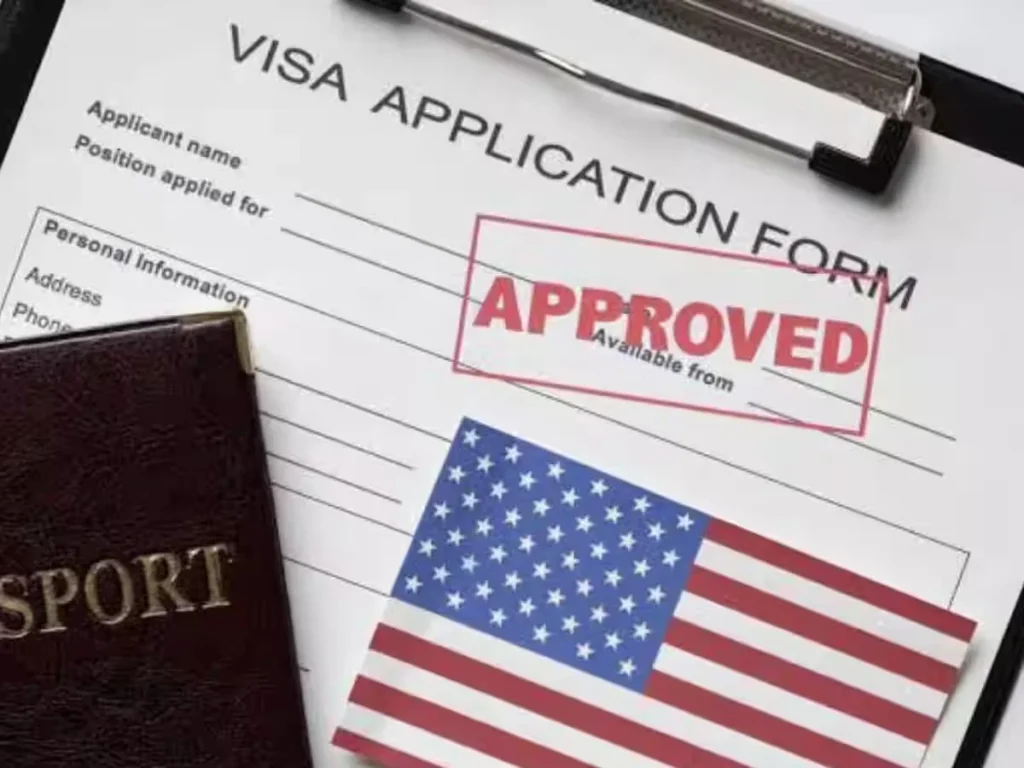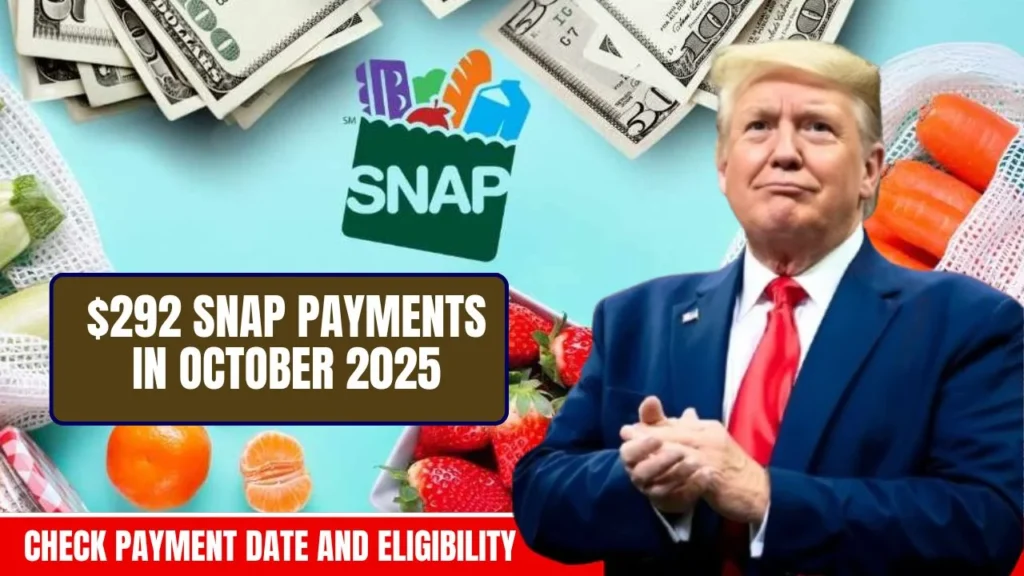H-1B Visa November 2025: The H-1B program has always been a gateway for skilled professionals to work in the United States, but the latest updates have reshaped how it works. As of November 2025, a Presidential Proclamation introduced new policies that significantly raise costs and narrow eligibility. Employers now face a $100,000 fee to file a petition for workers applying from outside the U.S., a change that has left many wondering how this affects their future.
For applicants, these revised H-1B visa rules determine whether your job, salary, and location still qualify you for sponsorship. From stricter definitions of specialty occupations to a wage-based lottery system, the rules now favor highly paid, highly skilled workers. Understanding these updates is essential if you are planning to apply, extend, or transition within the H-1B program.
H-1B Visa Rules: What You Must Know
The new H-1B visa rules mark one of the most significant reforms in recent years. The program is shifting toward a model that rewards higher wages and more specialized roles, while discouraging employers from sourcing workers outside the country. For those already in the U.S., the impact may be less severe, but the landscape is changing fast. Employers are expected to re-think hiring strategies, and applicants must align their qualifications more closely with the updated requirements.

H-1B Visa Rules Overview Table
| Key Area | Details |
| Non-resident Petition Fee | $100,000 for new petitions filed for workers outside the U.S. |
| Lottery System Update | Weighted system giving higher-paid workers better chances |
| Specialty Occupation Definition | Degree must directly match the job duties |
| Third-Party Placement Oversight | Increased checks for workers at client sites |
| Visa Stamping Restrictions | Must apply in home country or country of residence |
| Cap-Exempt Employers | Universities and non-profits under review for possible removal |
| Current H-1B Holders | Extensions and transfers not subject to the new $100,000 fee |
| F-1 Students on OPT | No fee applied, but affected by wage-based lottery |
| Administrative Capacity | Employers must adapt to tighter oversight and higher compliance |
| Legal Status of New Rules | Facing legal challenges but effective as of September 21, 2025 |

$100,000 Fee for New, Non-Resident Petitions
The most striking change is the new $100,000 fee applied to petitions filed for applicants living outside the U.S. This fee alone creates a huge barrier for employers considering foreign hires. Most companies will now weigh the value of a potential employee against this cost, likely reserving sponsorship for top-tier roles where talent is scarce.
For applicants overseas, this raises the question of whether their employer will invest that much money in their petition. Unless the role is critical, many companies may hesitate to move forward under the new fee structure.
Priority for Higher-Paid Workers
Another major update is the move toward a wage-based lottery system. Beginning with the March 2026 registration for the fiscal year 2027, higher-paid workers will have more entries in the lottery. Wage Levels 3 and 4 carry far better chances compared to Wage Level 1, which covers entry-level positions.
This system shifts the program away from prioritizing a balanced pool of workers to one that favors advanced skills and higher salaries. If you are an F-1 student on OPT, your odds may now depend heavily on the wage level of your job offer.
Stricter Specialty Occupation Definition
The term “specialty occupation” has been narrowed under the new framework. In the past, degrees that were loosely related to a role often qualified. Now, the applicant’s degree must directly match the position’s job duties. For instance, a general degree in business may no longer meet the requirement for a technical data analyst role.
This change raises the stakes for applicants whose academic backgrounds do not perfectly align with their work responsibilities. Employers will need to ensure that job descriptions are tightly written to match degrees.
Increased Scrutiny for Third-Party Placements
Tech companies and consulting firms that place workers at client sites will now face higher scrutiny. Employers will have to prove legitimate employer-employee relationships, provide additional documentation, and prepare for more frequent site inspections.
This makes staffing and outsourcing models more complex under the updated H-1B visa rules, potentially delaying approvals or creating compliance risks. Applicants working in these industries should expect longer review times and tighter monitoring.
Restrictions on Third-Country Visa Stamping
A practice that many visa applicants relied on has been eliminated. Individuals can no longer schedule visa stamping appointments in third countries, such as Mexico or Canada, for convenience. Instead, applicants must now apply for their visas in their country of citizenship or permanent residence.
This rule is intended to reduce inconsistencies and control backlogs, but it also adds challenges for applicants in regions with long wait times for U.S. consular appointments.
Cap Exemption Review
Cap exemptions for universities and certain non-profit organizations are under review. These institutions have historically bypassed the annual H-1B cap, offering a more reliable path for foreign workers in education, healthcare, and research. If these exemptions are removed, it will significantly affect thousands of applicants who depend on these organizations for sponsorship.
For now, cap-exempt employers remain eligible, but the future is uncertain. Applicants working in these sectors should closely monitor government updates.
Are You Still Eligible?
Your eligibility under the new H-1B visa rules depends on several factors:
- Outside the U.S.: Employers must decide whether to pay the $100,000 fee. Unless your skills are critical, chances of sponsorship are slim.
- F-1 OPT Students in the U.S.: You avoid the new fee, but the wage-based lottery affects your odds. Higher salaries improve your chances.
- Current H-1B Holders: You are generally not impacted by the fee. Extensions and transfers remain possible.
- Cap-Exempt Employers: Still viable now, but under review. Changes may come soon.
The Path Forward
These reforms are already sparking legal challenges, but they remain in effect as of November 2025. Employers are rethinking sponsorship strategies, and many are prioritizing candidates already in the U.S. or those with advanced degrees and higher wages. For workers, this means aligning education, job roles, and salaries with the stricter requirements. Consulting with an immigration attorney is more important than ever to navigate the evolving process.
FAQs
No, the fee applies only to new petitions for applicants living outside the U.S. It does not affect extensions or petitions for workers already in the country.
It will give more entries to higher-paid workers, improving their odds of being selected compared to lower-wage applicants.
Your degree must now directly relate to the job’s responsibilities. Broad or loosely connected degrees may no longer qualify.
No, you must now schedule visa stamping in your country of citizenship or permanent residence.
Yes, for now. But exemptions are under review and could be removed in future policy changes.


















